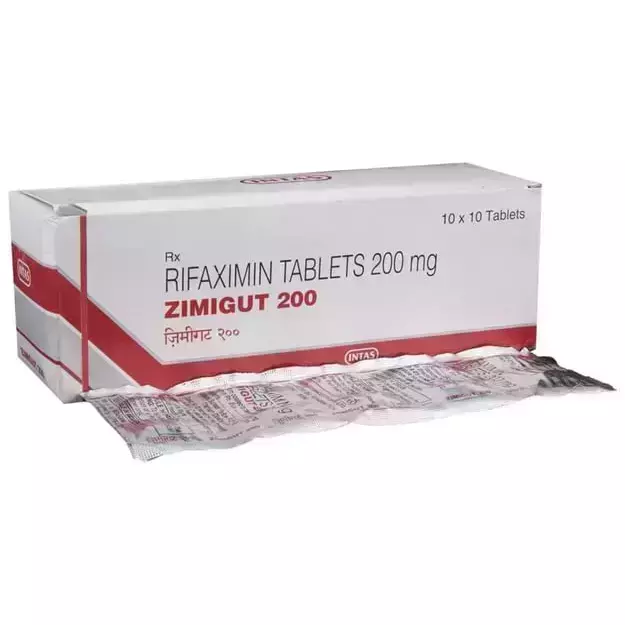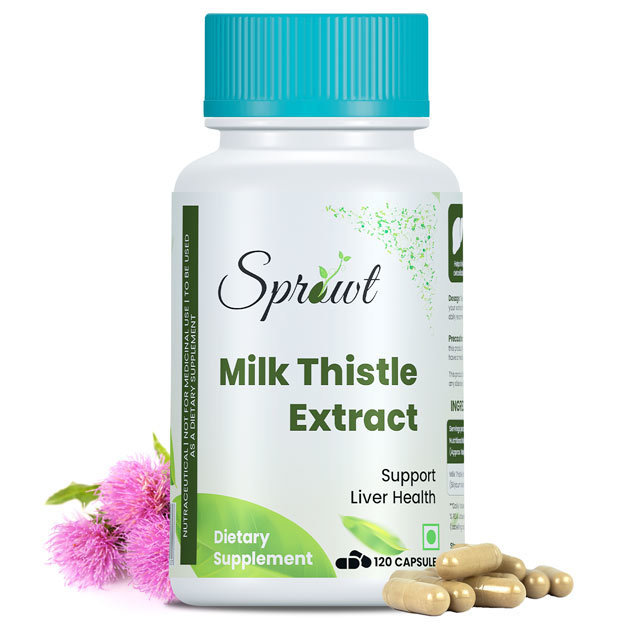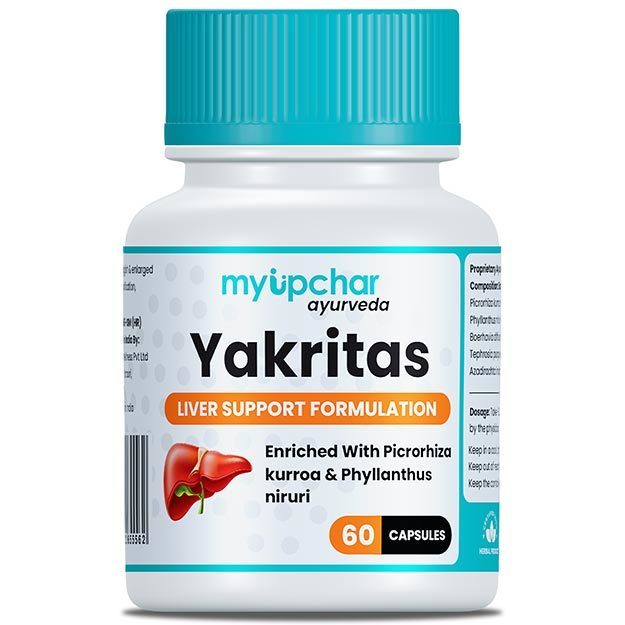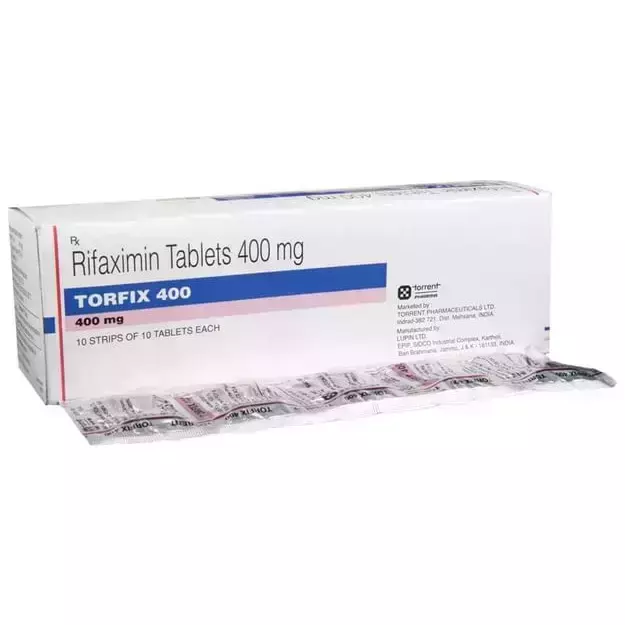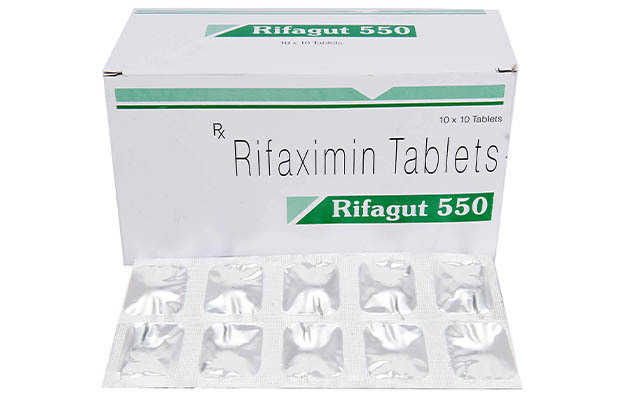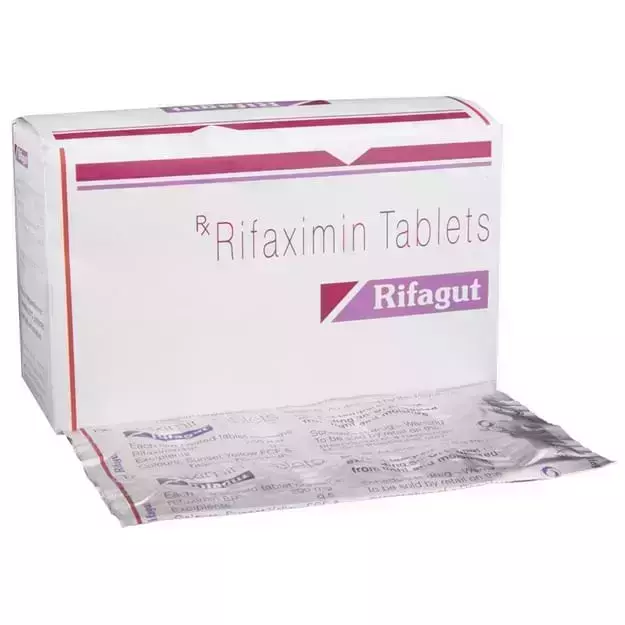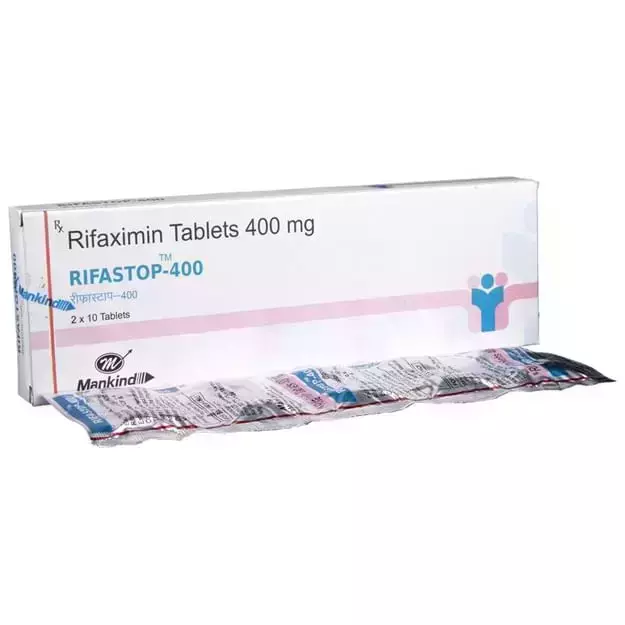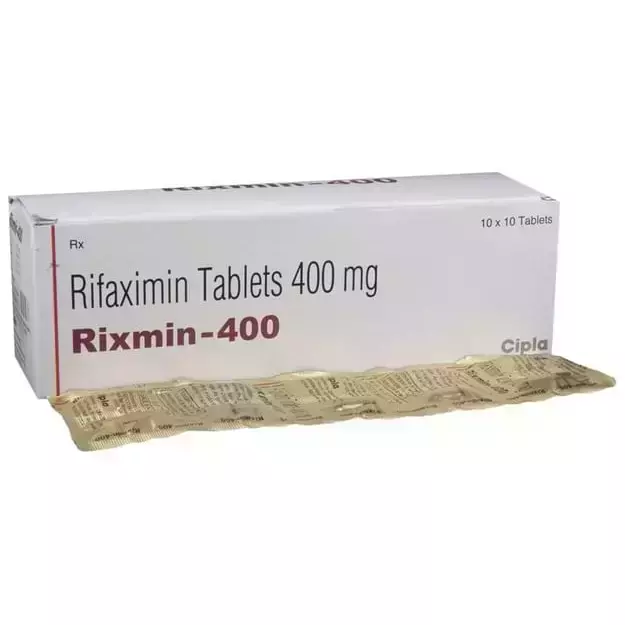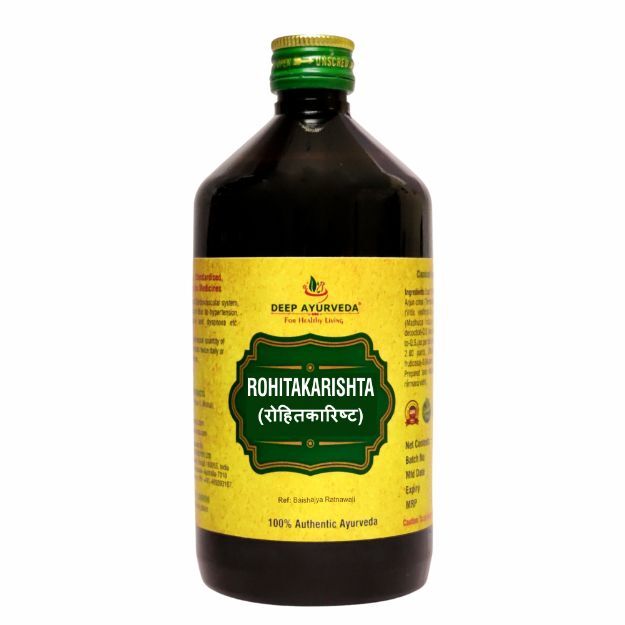Rifabet, a prescription drug, is manufactured in various forms such as Tablet. It is primarily used for the treatment of Hepatic Encephalopathy. Rifabet also has some secondary and off-label uses. These are listed below.
The right dosage of Rifabet depends on the age, gender, and medical history of the patient. Dosage also depends on the route of administration and your chief complaint for which the drug is prescribed. Detailed information has been provided in the dosage section.
Common side effects of Rifabet include Flatulence, Bloating or fullness, Constipation. Apart from the aforementioned side effects, Rifabet can also lead to other problems, which have been listed below. Such side effects of Rifabet normally do not last long and go away once the treatment is completed. Consult your doctor if these side effects become worse or stay for a longer duration.
It is also important to note that Rifabet has a Severe effect for pregnant women and Severe effect on lactating mothers. In addition, Rifabet's effects on the liver, heart and kidney are discussed below in the Rifabet related warnings section.
Other contraindications of Rifabet have been discussed in the sections ahead.
Additionally, Rifabet may also adversely react with other medicines. Refer to the list below for further details.
Along with the above-mentioned precautions, remember that taking Rifabet is considered safe while driving, and is addictive.
X

